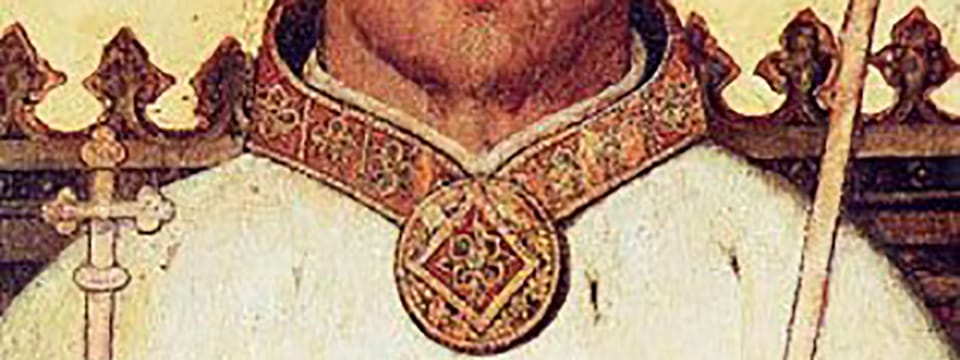The Plantagenets

The Plantagenets title perfectly describes its scope: an narrative history of the Plantagenet dynasty from its inception to its end, divided into one chapter per ruler.
It's a hefty, well-written, and enjoyable tome. Jones has a background as an academic historian and (or perhaps but remains) an engaging writer. He strikes a good balance between the obvious breadth of his goal with a reasonable level of depth on each king, keeping a sense of continuity and explaining how the successes and failures of each member of the dynastry fed into the personality, problems, and political context his sucessors had to operate in.
While The Plantagenets, as an English-language work, by a British academic, for an English-speaking audience obviously has the role of the Plantagenets as English royalty front and centre, Jones emphasises that for much of the dynasty England was merely a part of their empire, which stretched across what is modern-day France, Wales, into Scotland, and even further afield; one of the key narratives is the waxing and waning of the Plantagenets from their roots as Norman aristocracy, to holding swathes of Western Europe (with credible claims to much of the rest!), and then a decline to being confined to England, Wales, and a few crumbs of France before their ultimate extinction.
Within each dynasty Jones is similarly happy to work themes; his picturing John as undermining his own power with a combination of the problems inherited from his brother, bad luck, a paranoid streak, and a tendency to misunderstand that his father was able to rule with an iron fist by taking care to balance the exercise of his power and perogatives with understanding its limits.
Jones also delights in putting a different spin on popular but errant history; for example, his telling of the story of Beckett is rather less complimentary to the sain than the one you might be familiar with: Beckett emerges as a rather worldly who did not merely play politics, but actively colluded with the kings' enemies, supporting his rival's claim to the throne. Beckett is less, in Jones' view, the innocent holy man struck down by a bad-tempered oaf of a king, and more a another player in the game of European politics who was, if anything, given a rather longer rein than one might expect.
All-in-all I enjoyed this volume greatly.